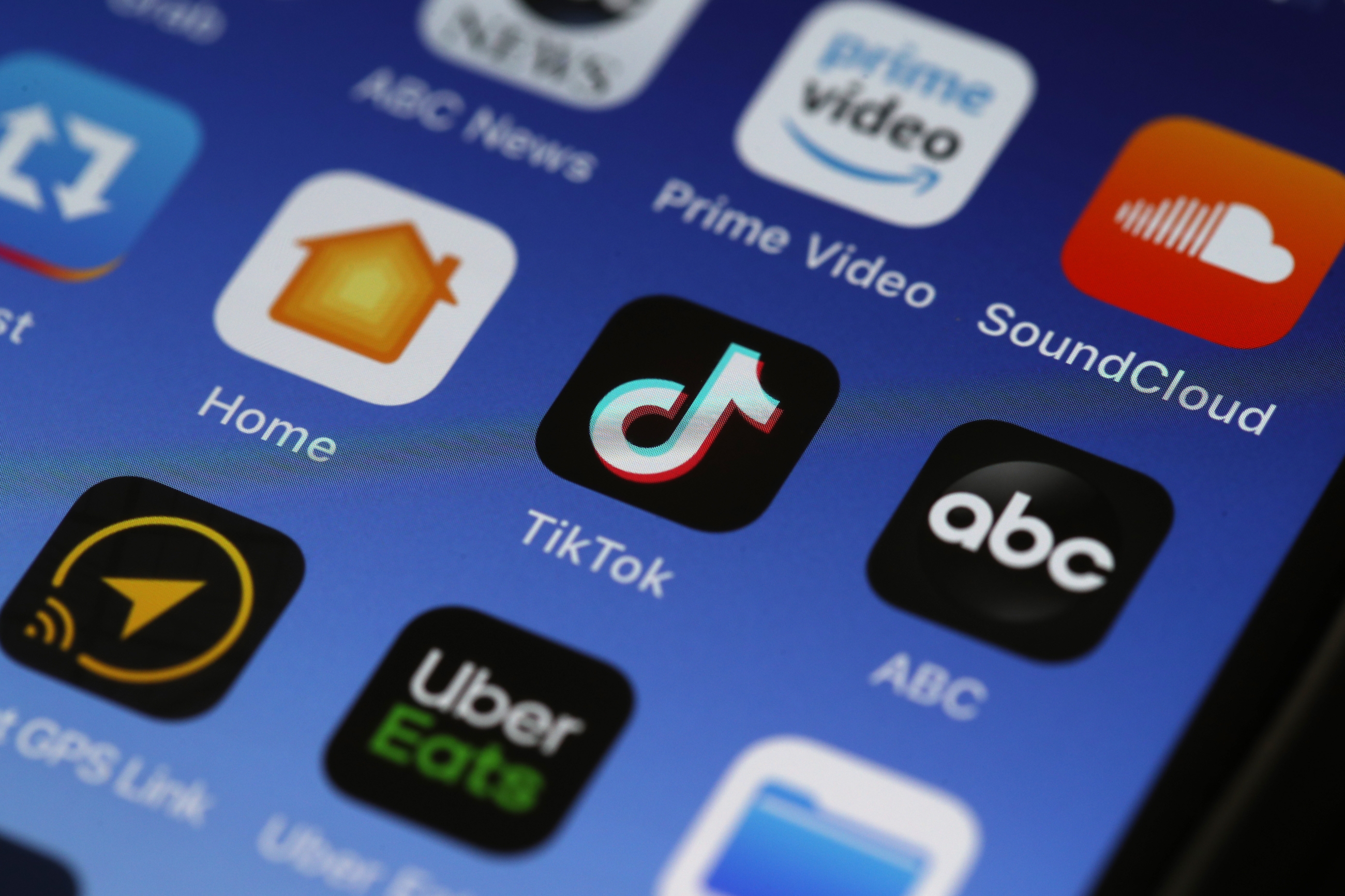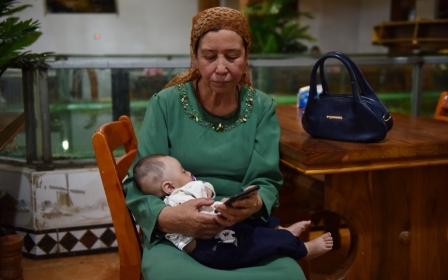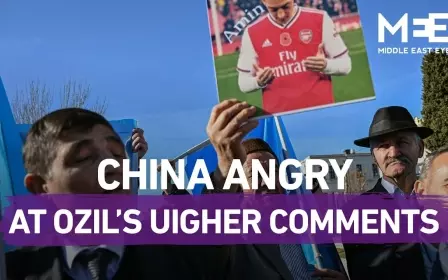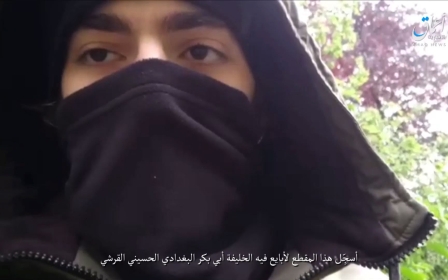'They delete everything': Former TikTok moderator reveals China app censorship

A former TikTok supervisor, who led a team of Turkish moderators in an Istanbul office until earlier this year, has accused the Chinese social media network of arbitrarily censoring content based on sex, race, social income and not tolerating videos with political or religious expression.
Nese Idil, who worked for the company for 10 months until May this year, told Middle East Eye that hundreds of videos were deleted every month on the whims of superiors who wanted appropriate content deemed attractive for middle-class Turkish citizens.
"Basically, they delete everything they don't like. The guidelines don't matter," Idil said.
'In TikTok's early days, we took a blunt approach in terms of our guidelines to minimise conflict on the platform, but those old guidelines are outdated and no longer in use'
- TikTok spokesperson
"Initially they didn't want to allow videos where you can see individuals with dogs, because they thought it was un-Islamic and would be provocative to publish such content in Turkey," she said.
Turkey is a dog-friendly country, with as many 130,000 receiving shelter and food from local government agencies in Istanbul alone.
"One Chinese female superior wanted us to delete videos from villages or shantytowns, because 'they were looking stinky' to her."
TikTok, owned by the Beijing-headquartered tech company ByteDance, is the third most popular downloaded app worldwide, and has more than 23 million users in Turkey.
The video-sharing service allows users to create 15-second videos, soundtracked by music clips.
Idil was fired from the company for what she called sexist harassment from Chinese supervisors. "They would tell me not to assign all-women night shifts," she said. "Because, they said, women don’t understand technology."
A TikTok spokesperson said that they were committed to providing “a safe, welcoming and positive work environment” for employees.
Idil is currently pursuing a bullying case against an HR company used by TikTok on allegations of sexism in the workplace. Turkish law requires parties to use legal mediation before a lawsuit is filed. Idil said that she wasn't satisfied with the mediation and will soon sue the company.
Idil, now a journalist, said that management wouldn’t permit videos belonging to transwomen because they would consider them "sex workers".
"Overtly gay content, politics, religious content or drinking would be chief reasons to take a video down," she said. "But that doesn't mean they would delete everything. In most cases, your video would be there but they would change the algorithms to minimise the content's impact by not posting it to the front page. Making it less seen by the interested audience."
A TikTok spokesperson, in a statement to MEE, didn't outright deny the allegations but said that some guidelines were no longer in use.
"In TikTok's early days, we took a blunt approach in terms of our guidelines to minimise conflict on the platform, but those old guidelines are outdated and no longer in use," the spokesperson said.
"As TikTok started taking off in new markets, including Turkey, we are working to empower local teams that have a nuanced understanding of each market."
'Download videos to our desktops'
Idil said her concerns over TikTok's handling of content goes beyond censorship. "Imagine, we were able to see all the deleted videos. They are never ever gone," she said.
One of the sensitive issues is that a lot of users use the platform to edit videos and most of the time they don't publish content for public view. "Some people would post revealing videos and immediately delete them. We could still see them and then download them to our desktops."
Idil's allegations are consistent with information in the public domain. The Guardian reported in September that TikTok, along with banning anti-Chinese government content, used to apply "strict" guidelines in "countries with conservative moral codes", such as Turkey, to censor nudity, alcohol consumption, Kurdish separatism, depictions of "non-Islamic gods", and homosexuality.
Homosexuality hasn't been a crime in Turkey since the middle of the 19th century and alcoholic consumption continues to be legal.
The guideline banned "intimate activities such as holding hands, touching, kissing" between homosexuals as well as reports of homosexual groups, including news, characters, music, tv show, pictures.
The company also blocked content that promoted protecting the rights of homosexuals.
TikTok said at the time that those guidelines were retired in May. However, Idil said her former colleagues told her that there wasn’t much of a change in said guidelines since then.
The social media giant last month received public backlash for deactivating the account of an American teenager who posted a video criticising the Chinese government over its treatment of Uighur Muslims.
The company has since apologised and reactivated the said account.
Middle East Eye propose une couverture et une analyse indépendantes et incomparables du Moyen-Orient, de l’Afrique du Nord et d’autres régions du monde. Pour en savoir plus sur la reprise de ce contenu et les frais qui s’appliquent, veuillez remplir ce formulaire [en anglais]. Pour en savoir plus sur MEE, cliquez ici [en anglais].




